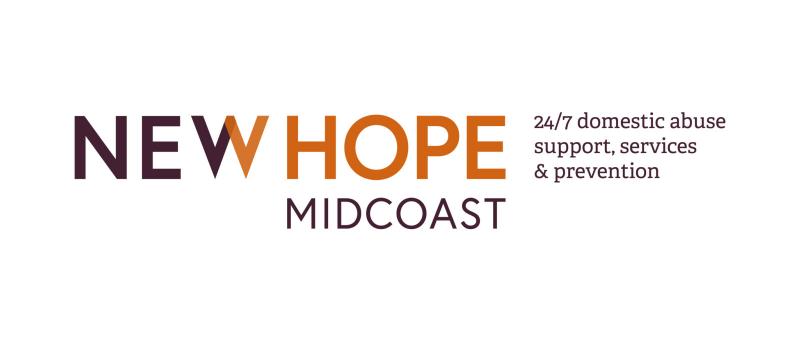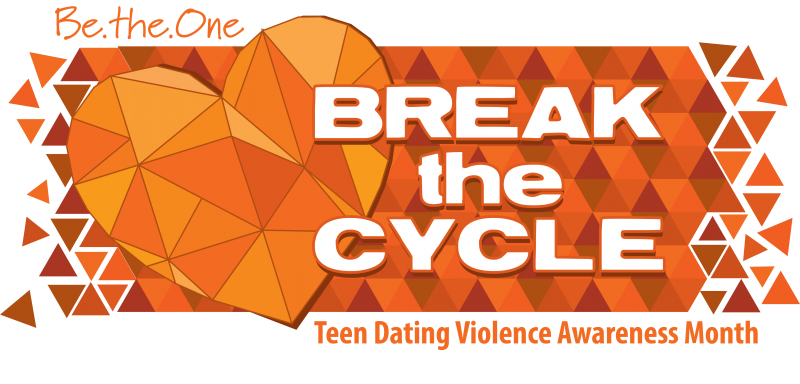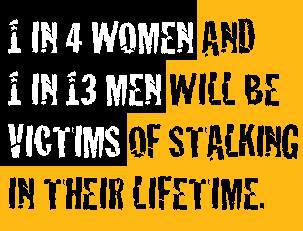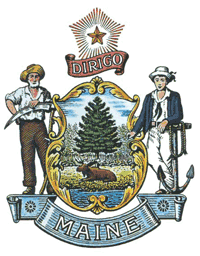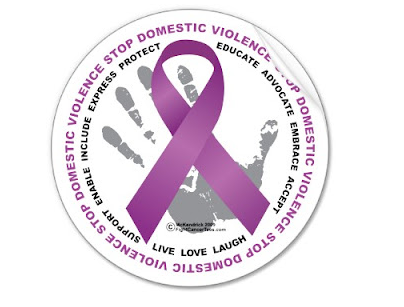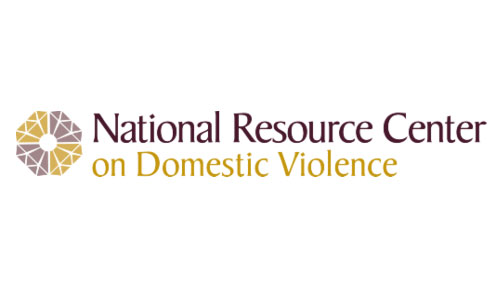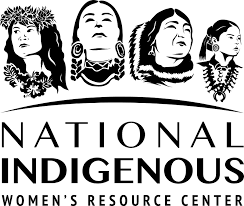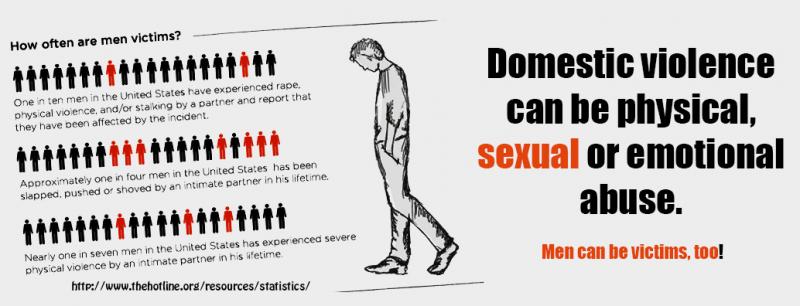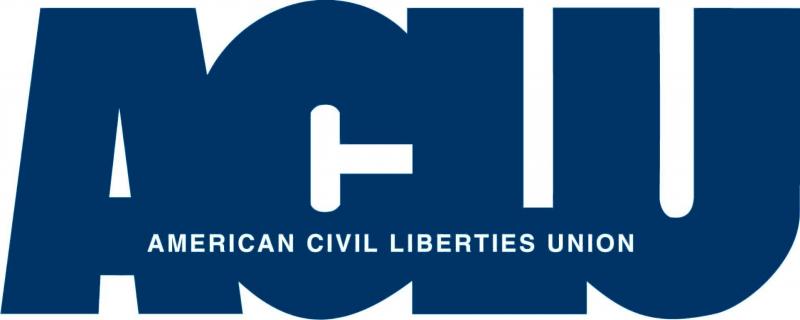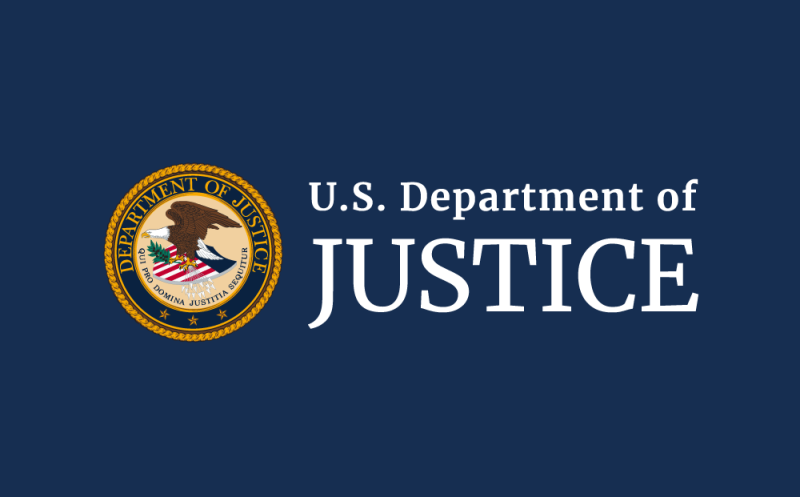Domestic Violence Victim Resources
This resource page is dedicated to the memory of those in our region and beyond whose lives were affected by, or lost, to acts of domestic violence.
For those among us whose lives are overshadowed by domestic abuse right now; this very moment.
And ... to family and friends who want to know what they can do to help those they love to break free.
Permanently.
Domestic violence is a learned behavior. Domestic violence is about control and power. Abusers can be male, female, or LGBTQIA+; adults or teens. Stopping the cycle of violence and abuse is vitally important to ending it.
Children growing up in homes where violence is part of daily life are at risk physically, emotionally, and mentally.
Abused children and/or those who witness abuse often become abusers themselves. Some start repeating abusive behavior in their teen years with girlfriends or boyfriends.
Today's technology, while not intended for this purpose, makes it frighteningly easy for abusers to track those they control. Cell phones, vehicle tracking devices, computer programs
REMEMBER: There is NO excuse for domestic violence. NOT ONE.
New Hope Midcoast is the Regional Domestic Violence Resource Center serving Midcoast Maine. Since 1981 (then New Hope For Women - 2021), our staff have been here to serve individuals affected by domestic abuse, dating violence and stalking.
Mission Statement
New Hope Midcoast believes that a life free from abuse is a fundamental human right and works to build a culture that will not tolerate domestic abuse. We support people as they create pathways to safety. By educating and empowering our communities, we support a more just and effective response to domestic violence and abuse.
Offices
Knox County/Rockland: 5 Beech St. 207-594-2128. Clients seen weekdays and by appointment.
Lincoln County/Damariscotta: 18 Belvedere Road - Office 303. 207-563-2128. Clients are seen weekdays and by appointment.
Sagadahoc County -Bath: 12 Court Street. 207-443-8898. Clients are seen weekdays and by appointment.
Patrisha McLean, founder/president of Finding Our Voices, is a photojournalist and human rights advocate who in July 2021 was named by WOMEN'S e-News as one of 21 Leaders for the 21st century.
In 2016, Patrisha's secret of 29 years was outed in the most public way possible with worldwide headlines over the domestic violence arrest of her celebrity husband. Dozens of women in her small community told her they too had been terrorized by an intimate partner: They hadn't known about her and she hadn't known about them and they all had felt alone. Patrisha's eyes were opened: domestic abuse is everywhere-- but no one knows because no one talks abut it --sparked Finding Our Voices.
This sisterhood of survivors stand proud and speak loud to educate everyone about the pervasiveness, insidiousness and complexity of domestic abuse (including that emotional abuse can be at least as damaging as physical abuse).
FOV also empowers girls and women to recognize, avoid, safely leave and heal from dangerous relationships, and promote systemic change toward justice for victims, accountability for perpetrators and safety for all.
“What Finding Our Voices is doing is hugely important. For many of these victims, they feel completely alone. It makes a huge difference for them to know there are women who have been where they are, and that there is a way out.” Sheriff Jeffrey Trafton, Waldo County, Maine
Healthy Kids, located at 15 Belvedere Road in Damariscotta. Telephone: 563-1818.
Healthy Kids is a community based family and professional network, offering support and educational outreach to families throughout Lincoln County. Since 1985, Healthy Kids has worked to enhance and improve the lives of children and parents, providing a wide variety of programs. These programs are designed to help parents, caregivers and professionals in raising emotionally, physically and cognitively healthy children.
Every year, approximately 1.5 million high school students nationwide experience physical abuse from a dating partner. It is also known that 3 in 4 parents have never talked to their children about domestic violence.
“I wish adults would talk about events that arise in relationships, like sex.” KIKI, AGE 18
“I wish adults in my life would stand up for me in preventing dating abuse.” ALANA, AGE 17
“You cannot intimidate your child into leaving their abusive relationship with the same tactics the abusive partner is using.” SOPHIE, AGE 20
Learn the warning signs of abuse. Does your boyfriend or girlfriend...
• Check your phone, email, or social media
accounts without your permission.
• Put you down frequently, especially in front
of others.
• Isolate you from friends or family (physically,
financially, or emotionally).
• Exhibit extreme jealousy or insecurity.
• Explosive outbursts, temper, or mood swings.
• Any form of physical harm.
• Possessiveness or controlling behavior.
• Pressuring you or forcing you to have sex.
Talk About It: is a call to action for young people and those who support them to engage in meaningful conversations about healthy relationships and navigate what may be unhealthy or even abusive.
Founded in 1995, the Institute has sponsored statewide conferences, provided train-the-trainer and workplace training workshops, produced public service announcements and are currently providing transitional housing support and outreach services for older victims of domestic violence and sexual assault.
Toll free number: 1-888-819-3666.
Adult Protective Service 24-hour hotline: 1-800-624-8404.
Maine Friends of Animals (MFOA) is a statewide organization that promotes the humane treatment of animals through education, advocacy and legislation.
Since 1997, MFOA has been Maine's leading voice for animal protection, working tirelessly to end animal cruelty in our state.
MFOA is dedicated to improving the lives of all Maine animals — domestic, farm and wildlife.
Some of the ways MFOA works for change:
Legislation/lobbying
Focused contact with lawmakers to advance animal friendly legislation. Legislative information and action for members on pending legislation, campaigns and strategies for influence.
Political engagement
Recruiting, endorsing and actively supporting animal-friendly legislators.
Education outreach
Animal advocacy education for schools, fairs, public events, conferences, civic organizations and the media.
Resource center
Information, video and research center available to groups and individuals interested in animal protection.
Stalking is a crime.
Not only in Maine, but in every state in the country.
What is stalking? In Maine it is defined as: "intentionally or knowingly engages in a course of conduct directed at, or concerning a specific person that would cause a reasonable person to suffer serious inconvenience or emotional distress; to fear bodily injury or fear bodily injury to a relation; to fear death or to fear the death of a close relative; to fear damage or destruction to or tampering with property; or to fear injury or death of an animal owned by or in the possession or control of the specified person."
Being stalked creates fear and anxiety in its victims. According to www.stalkingawarenessmonth.org, one in four women and one in three men will be stalked in their lifetime.
To be stalked is not flattering. The action does not reflect love. It is intrusive and impacts the lives of victims at their home, place of employment and anywhere they may go.
Legislation addressing stalking became law in 1995. Stalking, on first conviction, is a Class D crime. The sentence is a minimum of 60 days, but all but 48 hours may be suspended. An individual convicted of stalking may also be ordered to attend a court approved abuser education program, such as New Hope For Women's "Time For A Change."
If two or more offenses are committed and the individual convicted of stalking, it is a Class C crime. The other offenses could include violating protection orders. The sentence in this case is at least 6 months, but all but 14 days may be suspended.
By law effective Oct. 1, 1997, the Maine Legislature charged the Maine Commission on Domestic and Sexual Abuse with the task of establishing a Domestic Abuse Homicide Review Panel to “review the deaths of persons who are killed by family or household members.”
The legislation mandated that the Panel “recommend to state and local agencies methods of improving the systems for protecting persons from domestic and sexual abuse including modifications of laws, rules, policies, and procedures following completion of adjudication.” The Panel was further mandated “to collect and compile data related to domestic and sexual abuse.” 19-A M.R.S. §4013(4). See Appendix A for the complete language of the Panel’s enabling legislation.
The Maine Domestic Abuse Homicide Review Panel meets on a monthly basis to review and discuss domestic abuse homicide cases. The Panel Coordinator works with the prosecutor and/or the lead detective to present to the multidisciplinary Panel an overview of the homicide, information about the relationship of the parties, and any relevant events leading up to the homicide.
Homicide cases are presented to the Panel after sentencing. Homicide-suicide cases are presented once the investigation is complete. The Panel reviews these tragedies in order to identify potential trends about domestic abuse and recommend systemic changes that could prevent future deaths from occurring in Maine.
The panel plays a significant role in the prevention and intervention work that is occurring in Maine by gathering opinions and expertise from a variety of professional disciplines across the state. The most recent report, released in Dec. of 2023, is linked below.
For over 30 years, the Maine Coalition Against Sexual Assault (MECASA) has represented and served Maine’s sexual violence service providers. MECASA works toward ending sexual violence by providing public policy advocacy, assistance to Maine’s sexual violence service providers, public awareness and prevention activities, and statewide training.
MECASA's efforts
- Initiating and advocating for victim-centered public policy;
- Providing support and assistance to Maine's sexual violence service providers and serving as a liaison between the centers and our statewide and national partners;
- Reducing common myths and misperceptions about sexual violence through building and sustaining public awareness; and
- Providing expert training, statistics, and resources about sexual violence to organizations, groups, and individuals throughout the state. Source: agency's website.
Reach an advocate by calling the statewide 24-hour sexual assault crisis and support line at 1-800-871-7741 (TTY 1-888-458-5599).
Some of the policy priorities for us at National Resource Center on Domestic Violence include:
• Ongoing support for three cornerstone pieces of federal legislation: the Family Violence Prevention and Services Act (FVPSA), Violence Against Women (VAWA), and Victims of Crime Act (VOCA)
• Economic security programs like equal pay, paid family and medical leave, paid sick and safe days, and access to affordable childcare.
• Policies that address the over-incarceration and disproportionate incarceration of people of color, including efforts to interrupt the school-to-prison pipeline.
• Policies that close loopholes that enable abusers to have access to firearms, other measures that address gun violence.
• Safety for immigrant victims of domestic violence, including policies that extend asylum protections to victims, promote pathways to legal status for victims, and provide safety from detention or deportation when victims seek help through the courts, medical facilities, or other service providers.
This DVAM, #1Thing you can do to address domestic and sexual violence is committed to voting. For those of us with the ability to vote, we should also take this month to be sure that our vote is based on a well-informed understanding of the policies that candidates put forward, and the impact of initiatives or other measures that might be on the ballot – and to remember that this kind of policy-level work is central to our role as advocates, too!
As organizations working to end domestic violence and sexual assault, we can also work with survivors and others in our communities to ensure that they are registered to vote and committed to participating in the electoral process. Non-profit 501(c)(3) organizations are permitted to promote voter participation and to engage with candidates for elected office on a nonpartisan basis.
This report was released in 2021 by the U.S. Department of Justice.
The National Indigenous Women’s Resource Center, Inc. (NIWRC) is a Native-led nonprofit organization dedicated to ending violence against Native women and children. The NIWRC provides national leadership in ending gender-based violence in tribal communities by lifting up the collective voices of grassroots advocates and offering culturally grounded resources, technical assistance and training, and policy development to strengthen tribal sovereignty.
Our staff and board of directors consist of Native women from throughout the United States with extensive experience and commitment to ending violence against Native women and their children. NIWRC's staff bring decades of expertise in building the grassroots movement to increase tribal responses to domestic violence and increase safety for Native women.
Land Acknowledgement
The NIWRC main office resides on the ancestral lands of the Tsétsêhéstâhese and So'taeo'o (Cheyenne) People. The Cheyenne people and cultural lifeways are beautiful and thriving here.
This website offers a nationwide listing of therapists and other mental health workers. There is a listing of issues on the left side of the page of providers with categories, listings of specific needs, i.e. depression, sexual abuse, trauma, domestic abuse, etc. Check the ones that apply and a list of providers, with descriptions of their services written by those providers are culled. Check it out.
This page is dedicated to addressing social, legal and cultural norms that negatively impact the lives of men and boys. We support the equal treatment of both sexes under the law.
This page primarily focus of All kinds of violence, sexual abuse, rape and abuse committed by female offenders against men, children and other women to debunk the myth that only men commit violence and sex crimes and to show that crime has no genders.
The American Civil Liberties Union was founded in 1920 and is our nation's guardian of liberty. The ACLU works in the courts, legislatures and communities to defend and preserve the individual rights and liberties guaranteed to all people in this country by the Constitution and laws of the United States.

